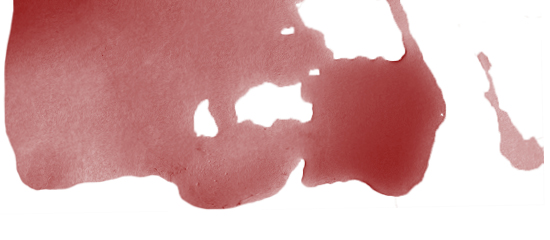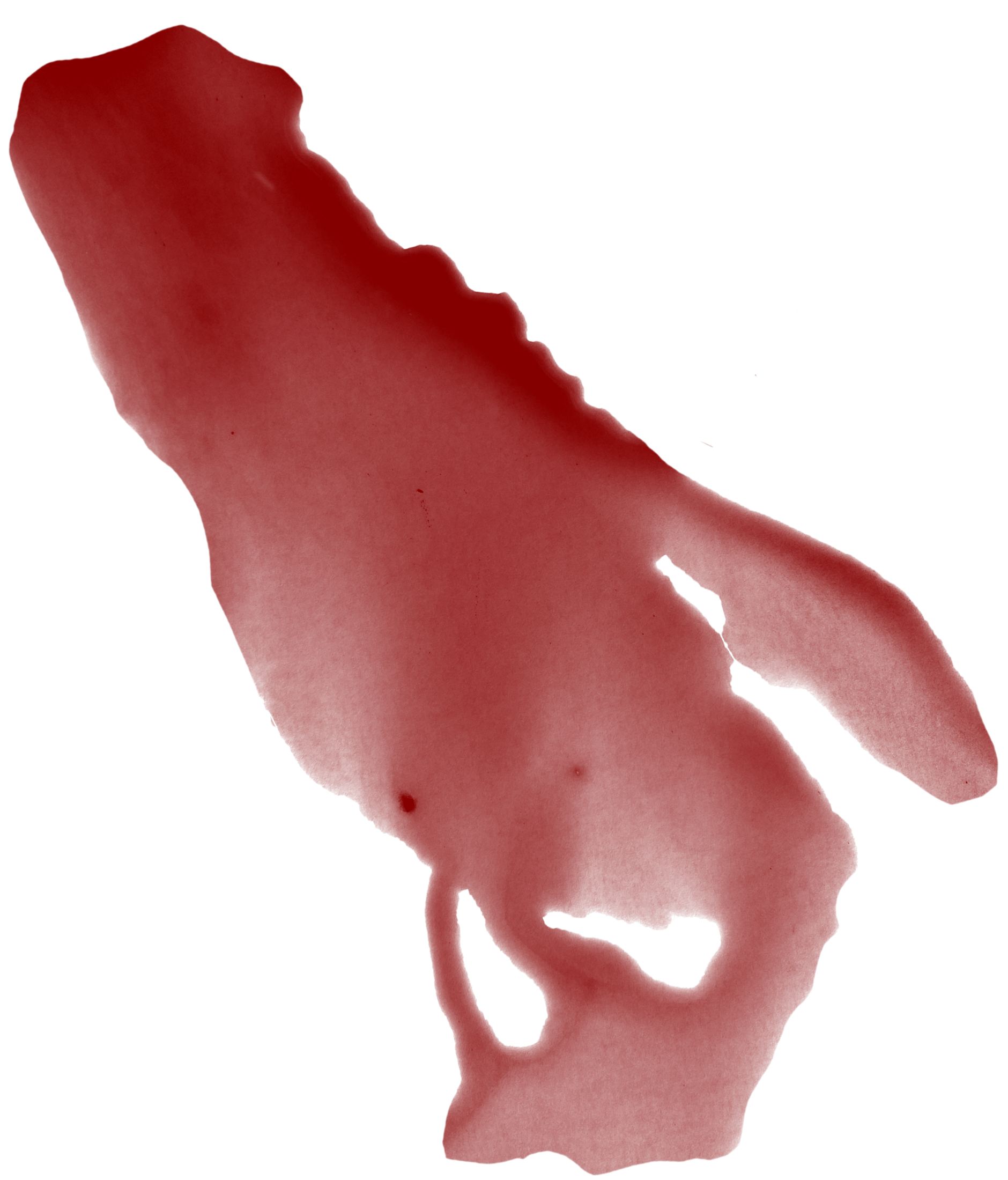


Cantine Povero
About Cantine Povero
For over 200 years, Cantinue Povero has been honoring the historic land and vines by making quality wines. The story starts a long time ago. Grandpa Tumlìn used to say that in 1948, when he planted the first vineyard, he had felt a strong emotional transport towards his land, together with the pride of continuing the tradition of his ancestors, whose roots date back to 1837. Experience and ancient wisdom are still handed down today, from parent to child. The patient peasant industriousness is expressed in love for work, respect for these generous lands, commitment to pay homage to nature by transforming its fruits into a wine destined to delight even the most demanding palates.
In 1998, Cantine Povero renewed its promise to the land by transitioning itself into an organic winemaker, starting with the Santa Lucrezia Cisterna d’Asti DOC vineyard. in 2019, organic certifications for all 50 hectares of vineyards was finally achieved. Throughout the land, and in their wine, there are not any chemical agents such as pesticides and chemical fertilizers. vines are in fact nourished by compost and manure. Their right arm is green manure crops: legumes, red clover, and other plants sown to protect and enrich the soil, chopped in spring to feed the vine. Thanks to an innovative weather station, which detects humidity, rainfall and temperature, they reduced pesticide treatments to a minimum.
Cantine Povero also practices regenerative agriculture, to leave future generations with even healthier soil. They cultivate various species (among which the ancient monococcus spelled) and we encourage the ecosystem in a natural way. A pretty pond is a home to frogs, predators of disease-carrying insects. Amongst other energy-saving techniques, they use electric cars to travel around the vineyard, they fetch their clean water from an ancient family well, as well as their other biomass wastewater treatment plant that allows them to reuse water.

